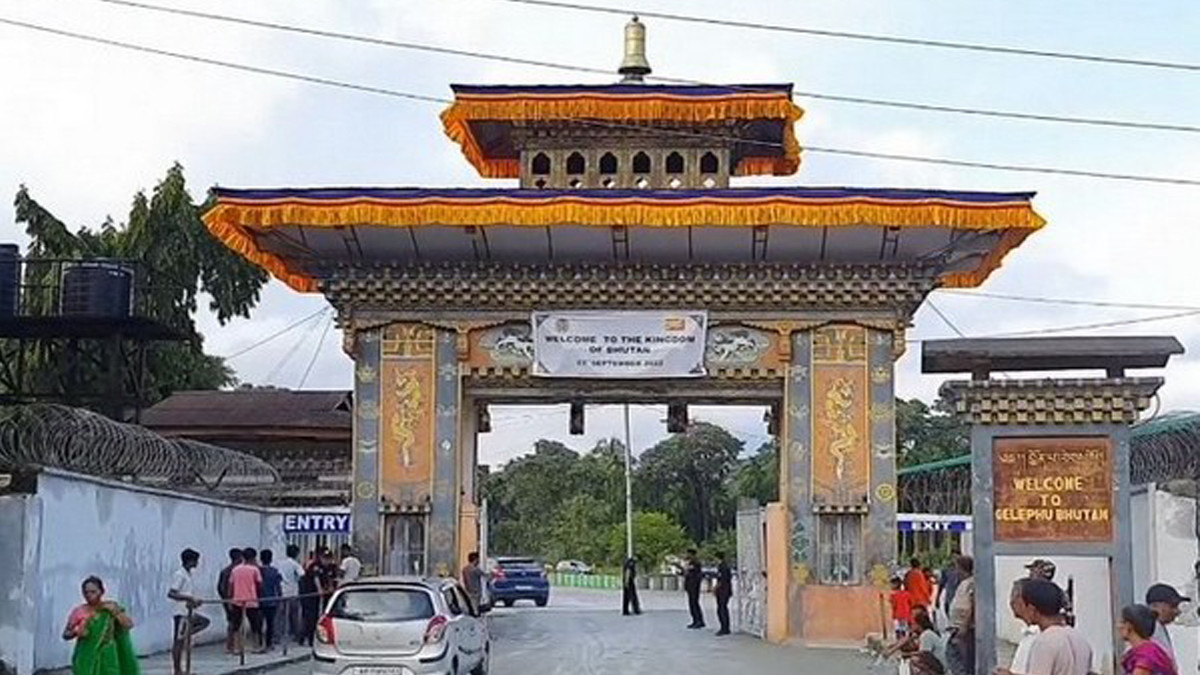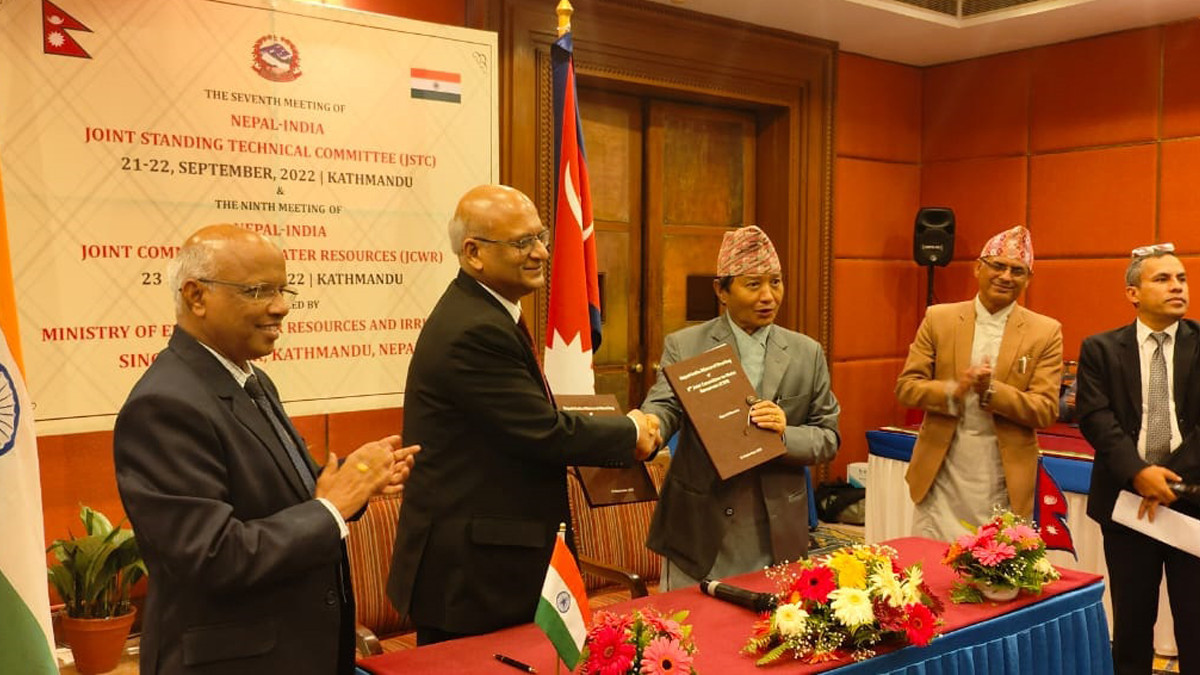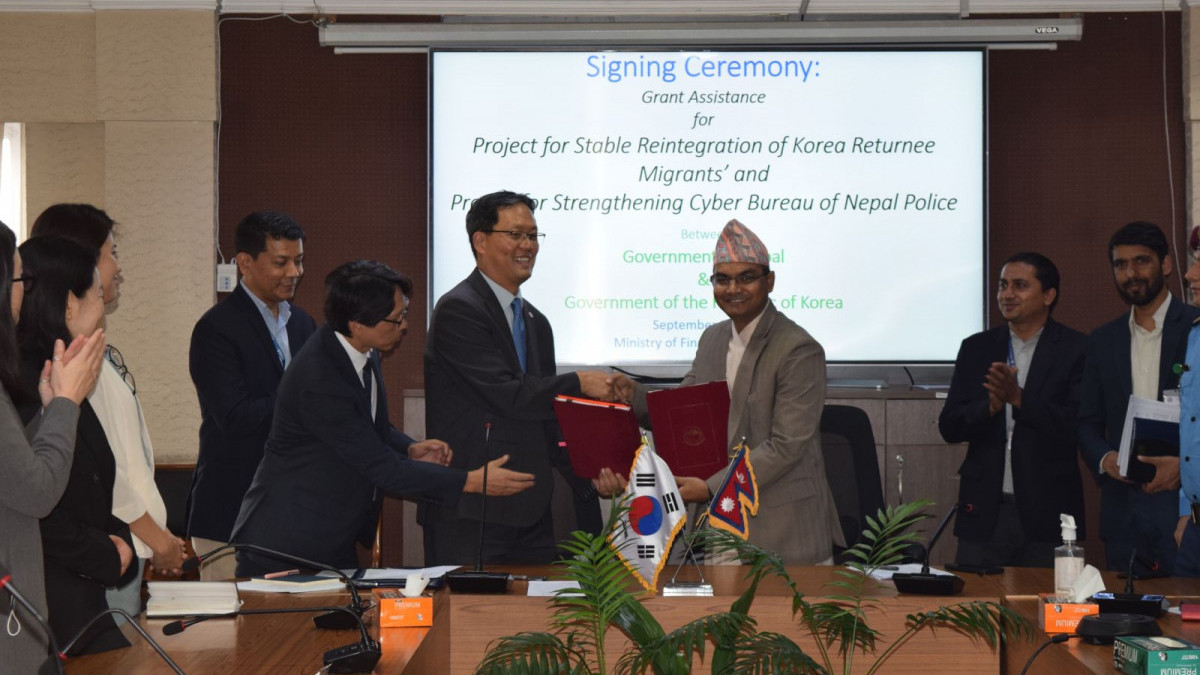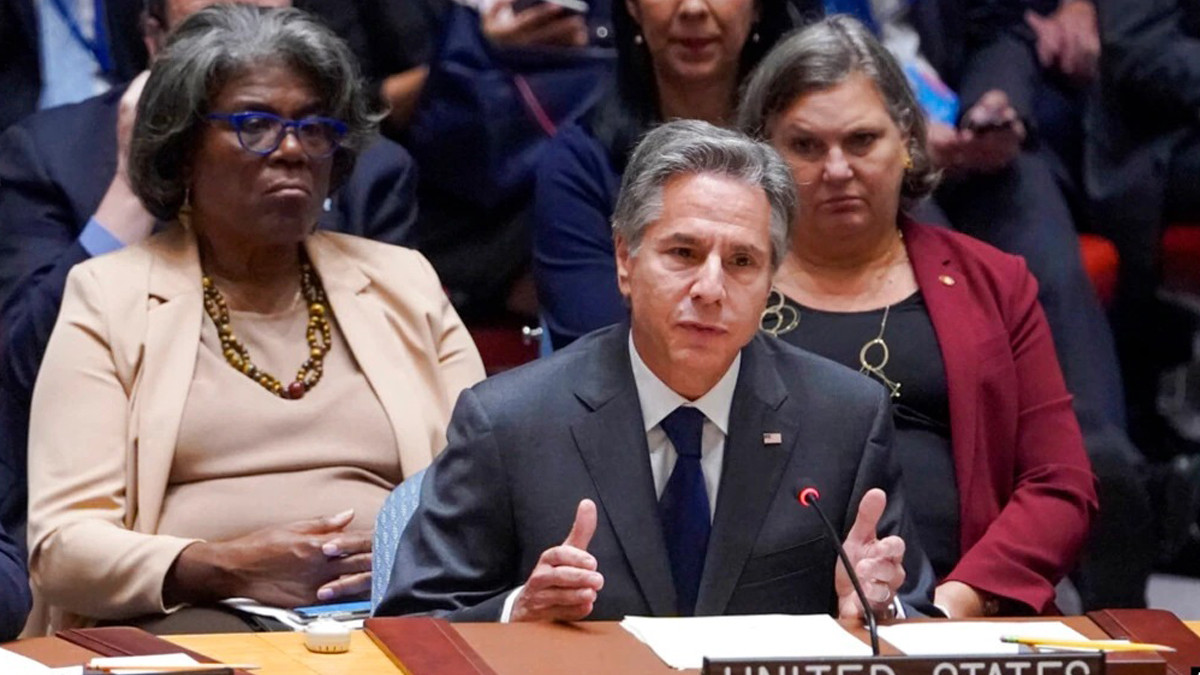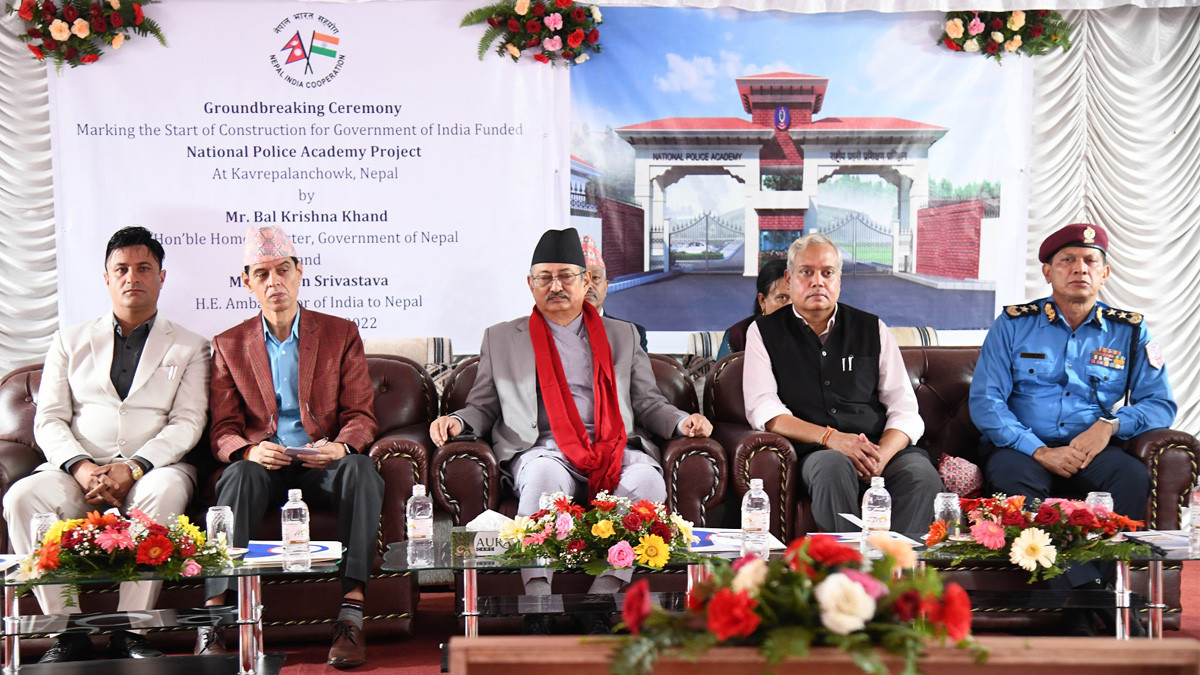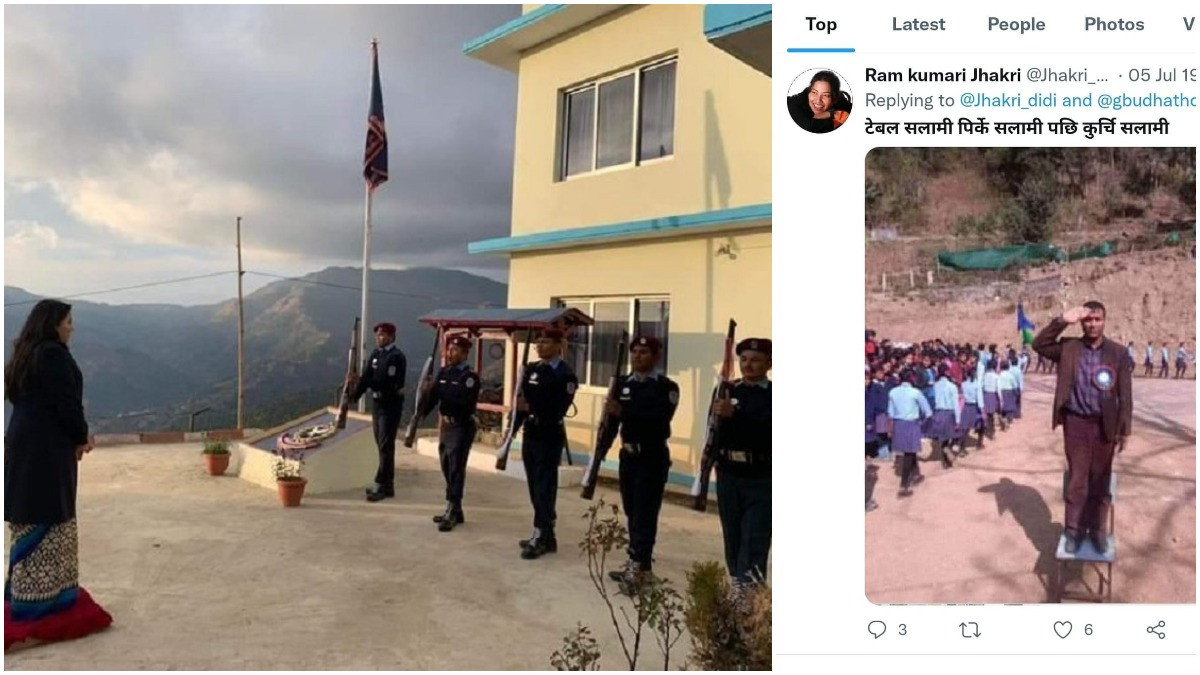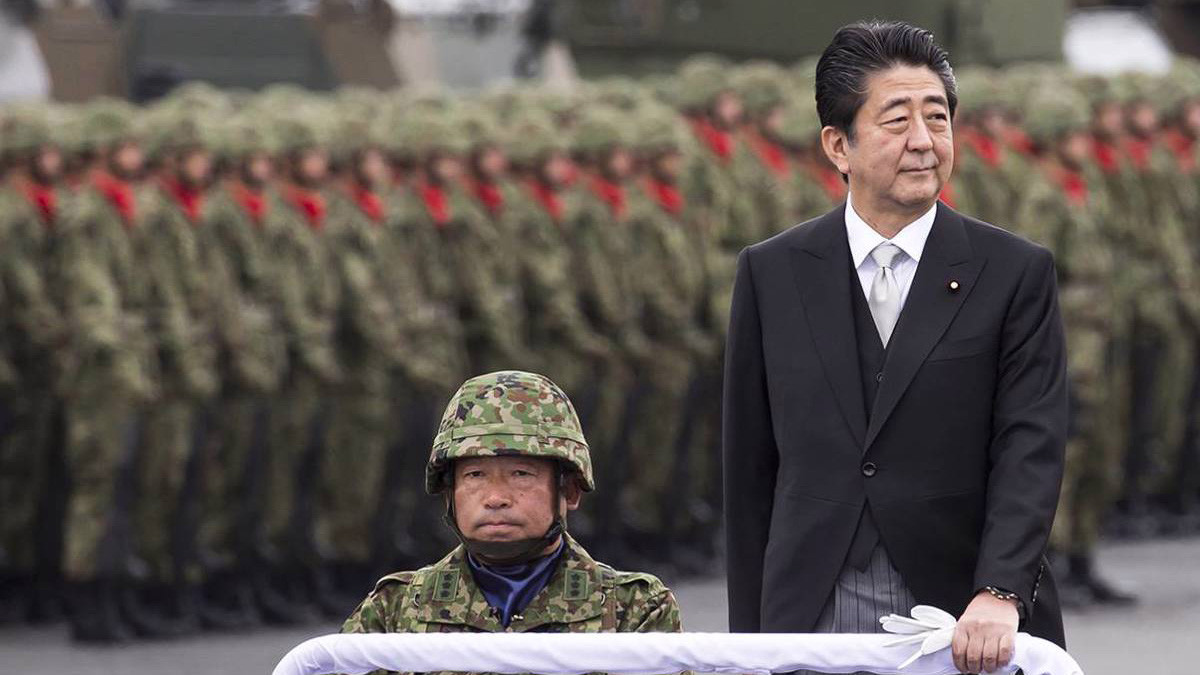 Tomohiro Ohsumi/Getty Images
Tomohiro Ohsumi/Getty Images
LONDON – Former Japanese Prime Minister Abe Shinzō’s assassination at an election campaign event in Nara, Japan, is both shocking and puzzling. It is shocking because Japan has known almost no political violence for at least a half-century, and because gun ownership in the country is tightly controlled. It is puzzling because Abe, having stepped down as prime minister in 2020, had no formal government role; yet the killing was plainly a political act.
Abe’s death is unlikely to have any impact on the July 10 elections for Japan’s House of Councillors (the upper and therefore junior legislative chamber), which the ruling Liberal Democratic Party was already expected to win comfortably. The tragic loss of the LDP’s former leader and prime minister may add some sympathy votes by increasing turnout, but it has primarily astonished and bewildered a country that is completely unaccustomed to such violence.
Abe’s legacy from his record-setting tenure as prime minister – which was divided between an unsuccessful year in 2006-07, followed by a triumphal return for seven years from 2012 to 2020 – is more notable for its effects on Japanese foreign and security policy than on domestic affairs. To be sure, Abe was a good salesman for his economic-policy agenda, which he successfully promoted under the banner of “Abenomics”; but, in the end, it was his foreign policy, not his economic program, that was transformative.
Abe brought clarity, strength of purpose, and – by dint of his longevity in office – credibility to Japanese foreign policy. The fact that the term “Indo-Pacific” is now commonly used to describe security and diplomatic strategy in Asia is largely owing to Abe, who took a pre-existing Japanese effort to build a stronger relationship with India and used it to reframe and extend his country’s position both regionally and globally.
That stance was dictated by China’s rise and its increasingly assertive rhetoric and actions in and around the South and East China Seas. Under Abe, Japan committed itself to defining a strategic and diplomatic arena that would be harder for China to dominate. Deepening ties with India was part of that strategy, as were Abe’s efforts to strengthen Japan’s military. He was a leading proponent of proposals to amend the country’s constitution so that its military could play a bigger role alongside that of its key ally, the United States.
Abe was undeniably a nationalist. He originally courted controversy with somewhat revisionist views about Japan’s wartime history, especially regarding the hot-button issue of “comfort women” whom the Imperial Japanese Army forced into sexual slavery in occupied countries. Once in office, however, he largely played down his earlier views. Moreover, he built closer and deeper diplomatic relationships across Southeast Asia, improving ties even with the country’s prickliest neighbor and former colony, South Korea. While relations with China were often tense – especially when Abe visited Japan’s controversial Yasukuni Shrine for its war dead – Sino-Japanese dialogue was nevertheless maintained.
It is always difficult to guess the motives of a lone assassin. The man arrested for Abe’s murder, 41-year-old Tetsuya Yamagami, appears to have used a large, homemade shotgun. Given that Japan is one of the world’s safest countries, security at political events tends to be light, even for a former prime minister, which presumably explains how the gunman was able to pull it off.
According to news reports, Yamagami served for three years in Japan’s navy, the Maritime Self-Defense Force, until 2005. That background – combined with Abe’s advocacy of a stronger Japanese military and efforts to eliminate the constitution’s pacifist clause (Article 9) – makes it reasonable to speculate that the killing was committed in protest against the country’s military posture.
Although Abe was no longer in office, he was undoubtedly still the country’s most prominent and well-known advocate of a stronger military capability. In that capacity, he often expressed a determination to complete the work started by his grandfather, Nobosuke Kishi, who, as prime minister in 1960, shepherded through a revision to the country’s security treaty with the US, with a view to reinforcing Japanese defense.
Sadly, it is perhaps not coincidental that the last Japanese prime minister to fall victim to a violent attack was Kishi, who was stabbed by an assailant six times shortly after the revised security treaty was approved. Unlike Abe, however, his grandfather survived.
Bill Emmott, a former editor-in-chief of The Economist, is Co-Director of the Global Commission for Post-Pandemic Policy.
Copyright: Project Syndicate, 2022.
www.project-syndicate.org

 Bill Emmott
Bill Emmott
